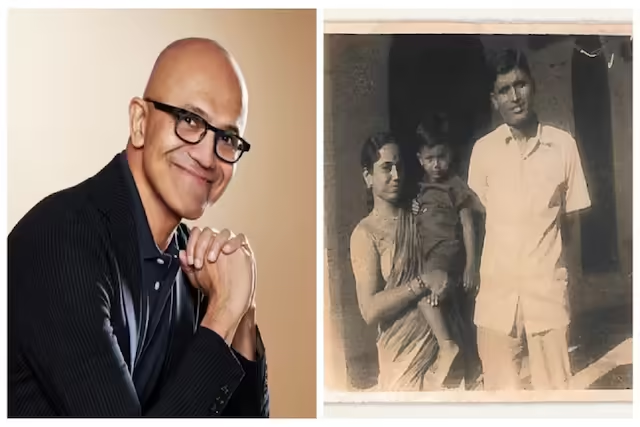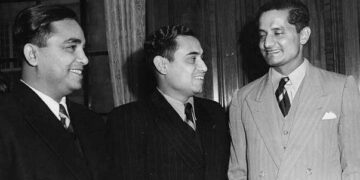Dr. Brahmdev Sharma (English: Dr. Brahmdev Sharma, born- June 16, 1931, Moradabad; died- December 6, 2015, Gwalior) was an Indian Administrative Service (IAS) officer. Dr. Brahmadev Sharma, who has a PhD in Mathematics by education, fought for the rights of tribals throughout his life and hence gained fame. He continued to raise his voice on the plight and problems of tribals in India. He played an important role in determining many government policies for tribals. Dr. Brahmadev Sharma, a 1956 batch IAS officer, was in the news for standing in favor of the tribals as the Collector of Bastar district of present Chhattisgarh (then Madhya Pradesh).
Dr. Brahmadev Sharma was born on June 16, 1931 in Moradabad, Uttar Pradesh. He became IAS in 1956. He got Madhya Pradesh cadre. Brahmadev Sharma, PhD in Mathematics, was posted in Bastar from 1968 to 1970 and it was here that he developed such a deep connection with the tribal society that he settled in their hearts. In 1973-1974, he became Director in the Union Home Ministry and then also Joint Secretary.
Brahmadev Sharma ji used to stand in favor of tribals and the deprived since the early days of his administrative career. He kept fighting for their constitutional rights, of which they were deprived in many ways. He gained great fame while working as Bastar Collector in 1968. In 1981, he left the administrative service due to differences between him and the government regarding government policies for tribals and Dalits. But after this his struggle for the poor, tribals and Dalits intensified. The Government of India later made him the Vice Chancellor of North East University and sent him to Shillong. There also he worked in this direction.[1]
From 1986 to 1991, Dr. Brahmadev Sharma served as the last Commissioner of the Scheduled Castes and Scheduled Tribes Commission. But the report he prepared as Commissioner helps in understanding the serious condition of the tribals of the country. The recommendations of that report are seen as a document with the power to provide justice to the tribals. By forming ‘Bharat Jan Andolan’ and ‘Kisani Pratishtha Manch’ in 1991, he started working at the national level on the issues of tribals and farmers. In 2012, he played an important role along with Professor Hargopal in rescuing the Collector of Sukma district of Chhattisgarh from Maoists. He was a negotiator on behalf of the Maoists. His closeness lasted for a long time with S.R. Sankaran and V. Yugandhar, senior administrative officials in welfare roles.
Brahmdev Sharma also played a role in the report of ‘Bhuria Committee’. He gave the idea of tribal sub-plan, which started being implemented. He played a big responsibility in Forest Rights Act, PESA etc. Deeply disturbed by the situation of violence and war in the tribal areas, he wrote a letter to the President on May 17, 2010, which is seen as a document. He was associated with dozens of organizations including Narmada Bachao Andolan, National Coordination of People’s Movements, Kisan Sangharsh Samiti.
Brahmadev Sharma also wrote books like ‘Ganit Jagat Ki Sair’, ‘Bezubaan’, ‘Web of Poverty’, ‘Forced Marriage in Belladila’, ‘Dalits Betrayed’ etc.
Often social movements first form institutions, then work to spread ideas; But according to Dr. Sharma, ideas should first reach the common people, not the institution. In this regard, the books written by him also played an important role and the concept of ‘Gaon Ganaraj’ took concrete form, under which it became clear that the village people do not want a share of their resources, they want ownership of it. Under this movement, the slogan and idea of “Jal, Jungle aur Zameen” emerged.
death
Dr. Brahmdev Sharma died on 6 December 2015 in Gwalior, Madhya Pradesh. He lived at his home in Gwalior with his two sons and wife. He was ill for the last one year and had become physically very weak.
Hindi writer Suman Keshari, who knew Dr. Brahmadev Sharma for the last 40 years, had written on her Facebook wall remembering him – “‘He used to say, if the Constitution is implemented properly, India’s problems will be solved. “The trouble is that the Constitution has become a book.”[1]






